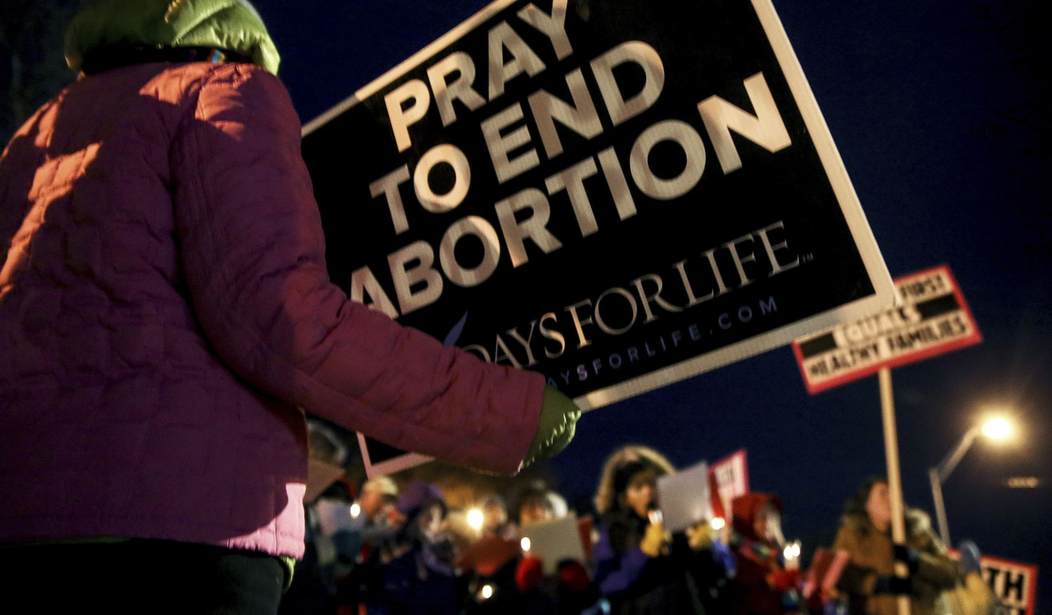In one of the most compelling scenes of the 2006 movie "Bella," a handsome and charismatic soccer player named Jose is driving through a New York City neighborhood with his manager, Eduardo, on his way to sign a multimillion-dollar professional soccer contract. The camera suddenly cuts away to a young woman filming her toddler daughter, Loochi, as they play hide-and-seek in their backyard nearby. Loochi looks for a place to hide while her mother closes her eyes and laughingly counts. Loochi runs away from her yard, through the gate and between two buildings, through which viewers can now see the street. The camera shots move more rapidly between Jose's and Eduardo's jovial banter in the car, and the tiny girl running toward the street, making viewers acutely aware of the tragedy that is imminent.
The collision is heard, not seen. As the reality of what has happened sinks in, Jose's face crumples, and he dissolves into tears. His manager sees his bright future disappearing and yells at him to leave the scene, but Jose refuses. He gets out of the car to face what he has done, just as Loochi's mother arrives at the street screaming, seeing her daughter's lifeless body.
The agony of her loss -- and Jose's -- is crushing.
But that is the backstory of "Bella"; the primary story is several years later. Jose has lost everything and is working as a cook in his brother's restaurant. One of the waitresses, a young woman named Nina, is fired after having been late multiple times. In an impulsive moment of compassion, Jose follows her out the door and offers to help her. Jose and Nina spend the day together, and Nina reveals that she is pregnant, that she does not love the baby's father, is broke and plans to have an abortion. This sets up a conversation and a friendship between Nina and Jose that is pursued throughout the rest of the film.
When I first saw "Bella," I was struck by the dramatic incongruity between our reactions to the loss of these two children: Loochi and Nina's unborn baby. When Loochi is killed, it is intended to be felt as a tragedy of staggering proportions. But the prospect of the death of Nina's child is characterized in our society as a "choice" -- something to be tolerated, embraced, even celebrated.
Recommended
Why such a stark difference?
One explanation might be that it's the difference between a child who is wanted and one who is not. But I don't think it's so much a matter of being wanted; I think it is a matter of being known. Loochi is on-screen for less than two minutes, and yet to see her playing hide-and-seek in the backyard with her mother humanizes her to us. We see who she is. We have a sense of her identity and her value. Even if we, as strangers, do not "love" her, we can put ourselves in the shoes of her mother, who does, and understand the unfathomable loss.
Nina's baby, by contrast, is hidden and therefore unknown to her and to us. That child has every bit as much identity and value as Loochi -- but we do not see it yet, nor does Nina. Human beings have great difficulty loving someone they don't know and have never seen. But everything can change once we know someone.
This truth is frequently on display. Many of us who have had unplanned or "surprise" pregnancies, pregnancies very late in life, pregnancies revealed to be multiple babies or pregnancies with serious prenatal diagnoses have felt uncertainty and fear at the prospect of these life-altering events. But not long after our children are born, we find ourselves saying, "I cannot image life without him/her/them."
They have not changed; we have changed. We know these children now, and it is easier to step into our role as parents and caretakers: to love them, to want to protect them, to make sacrifices for them.
After watching the film, I thought of the passage Jeremiah 1:5 in the Old Testament: "Before I formed you in the womb, I knew you. Before you were born I set you apart; I appointed you as a prophet to the nations." I used to think that the primary meaning of that passage was God's selection of Jeremiah as a prophet. I now believe the most powerful message there is that each of us has an identity that predates our birth; we cannot be "known" if there is no one there to know. And therein lies the lesson: Just as God knows us and loves us, so we must love our children, even before they are born.
To love the unknown -- especially in the face of fear -- requires not only faith; it also requires support. In "Bella," Jose supports Nina and helps her face her fears. Nina sees how Jose's family has loved him through the painful years since Loochi's death. Although Nina has had no experience with that kind of unconditional love, the mere existence of such a framework opens a vista to options that she previously thought impossible.
When it comes to abortion in the United States, our focus tends to be on law: legislation, regulations and Supreme Court opinions. Law has its place, certainly (a fuller discussion of that is a topic for another day). But the intimacy of pregnancy and motherhood does not sit well within the adversarial American legal system. Battles over laws pit mothers against their children, and against those who would support them and their children. Law addresses the collective. But the decision to abort is personal, not collective. What is needed is not more laws but many more one-on-one conversations that communicate understanding and support. That is a language of love, and it is the only thing that will truly eliminate abortion.

























Join the conversation as a VIP Member